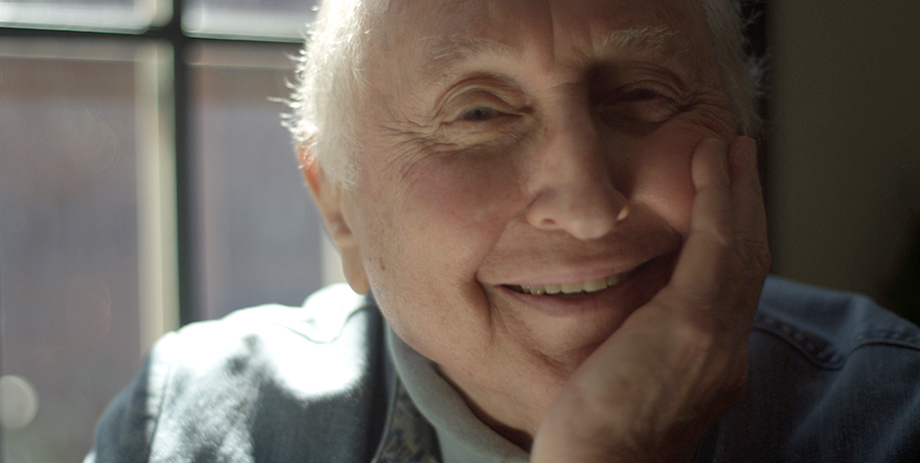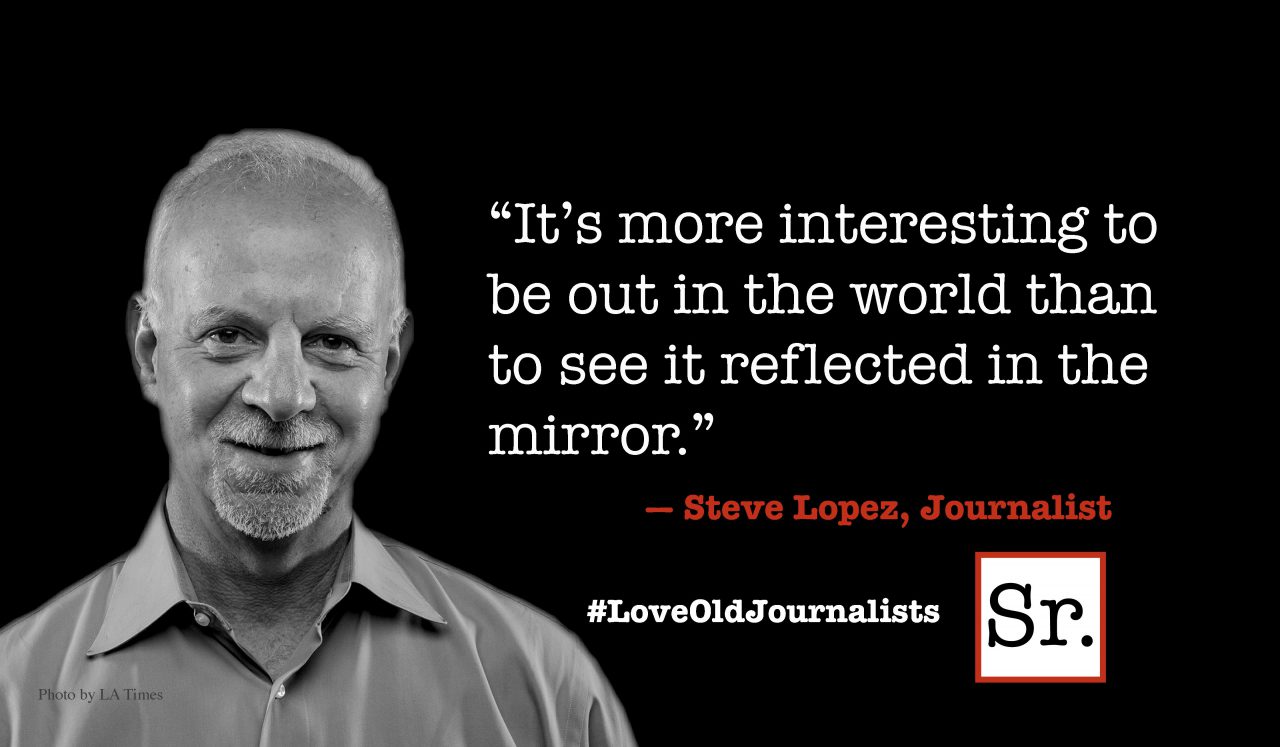Seymour Bernstein is not part of any religious order, but it’s difficult not to think of him as some sort of holy man.
For 50 years he has lived in a monk’s cell of a Manhattan studio apartment, sharing the tiny space with his beloved grand piano. He is celibate — possibly asexual.
And in a sense, he prays daily for the salvation of mankind, except that he addresses his devotions not to the Almighty but to the muses of music, fingering not rosary beads but the keys of his piano.
Beginning in the early 1950s, Bernstein, who is now 87, had a spectacular career as a concert pianist. But he gave it all up at age 50, having concluded that the business side of his profession — and his innate fear of performing before an audience — was sapping his love of music. So, he turned to teaching piano both at a university and in the privacy of his apartment.
A few years ago he met actor Ethan Hawke at a party. At the time Hawke was going through his own crisis involving fame and art, and Bernstein provided a sounding board, offering his own life experiences as and example of how to find balance.
Hawke was so impressed that he made the documentary “Seymour: An Introduction.”
Nothing earth-shaking goes on here. We see Bernstein teaching and holding master classes. Far from being a self-centered tyrant of the keyboard, he exudes generosity and kindness, gently nudging young players away from bad habits and urging them not to view playing as an exercise in ego-stroking but as a way to honor the composer’s intentions.
There are digressions back to his early days on the concert scene, to his military service in Korea — where he put down his rifle and began playing concerts for his fellow soldiers — and to his decision to drop out of performing.
Mostly Bernstein talks about his philosophy of music, that creating great music supersedes any considerations of money, notoriety or security. He and a friend wonder if it is inevitable that great artists develop destructively great egos.
“Seymour: An Introduction” may seem like so much "inside baseball" to those with little interest in the piano, but Bernstein’s thoughts on balancing life and career carry a universal message.









